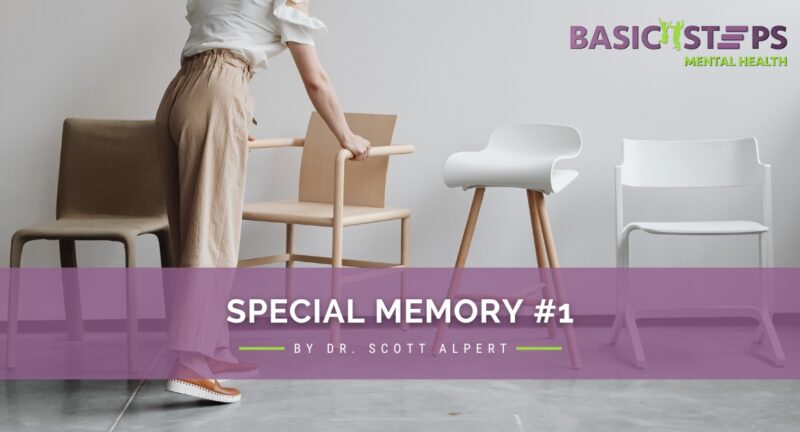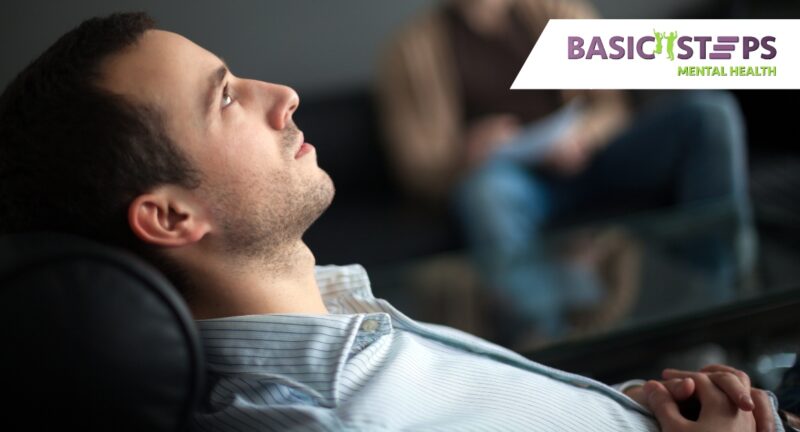
Breaking an Addiction
Beyond all the theoretical approaches, the social support networks, the medication, the paraprofessionals, friends, and family, the thing that will get you through addiction is your determination.
Psychologists explain addiction as a hard-wired pattern that is hard to break. When a stimulus happens, for example the desire to use, it is hard-wired to respond by using. Any attempt to stop this pattern is met with physical, mental, and emotional reactions. “I HAVE THIS DESIRE AND USING IS THE ONLY THING TO CURE IT!” is what our whole being is crying out! Now, changing the wiring in our brain is what breaking an addiction is all about.
Oh yes, volumes have been written about breaking an addiction. I too have written books on it, but what is most important is simple desire. Without the desire to achieve anything – why bother?
Breaking an addiction isn’t an easy thing. Your addiction has been a conditioned response and probably for years. I recall working at the Mental Health Urgent Care, which was a crisis center in California. My job is quick stabilization and would see clients once, maybe twice before they were set up with a regular therapist. One client returned after a month, and I asked if they were using the tools I taught them. They responded, “Yes, I did the Inner Child work once and it worked great.” Well, inner child work needs to be done a few times a day. If you have had children, you understand that it takes some working with them before they master anything. Once? Well, you understand. They were encouraged to stay with this newfound relationship with themselves.
In breaking an addiction, it is a daily, sometimes hourly process because, again, you are breaking the automatic network in your brain. “Come on Bill, crank up the bulldozer!”
Let me explain it like this. If you have ever gone hiking, it is a lot easier to walk on an established path. Let’s face it, bushwalking isn’t very fun. An addiction is like this. It is much easier to tread on this familiar path. However, if you are like me, I like creating shortcuts and often will make my own little side path to cut down the steps. In making our own path, you at first walk on the weeds and mash them down, and after a few passes will start to see the beginnings of something, and the more you walk on it the weeds will disappear and the earth will show, soon bedrock is found, and then it becomes established. Catch my drift?
Just because we form a new path, we still need to tend to it. An addiction not worked on can soon see the weeds growing again. But who said this process couldn’t be fun? And that is the beauty of life. Just because we are living life differently doesn’t mean we cannot have any fun. Far from it. The more fun you have, the more the new you anchor into the new you.
Let me tell you about me. I was homeless, worthless, and stuck in Hollywood. Yes, I loved using drugs but in a moment of clarity, I realized that I had to stop and make something of my life. Here is where the story gets good. I reached out to an old friend who helped me get a job, gave me a couch to sleep on, and older, non-using friends, began to show up to lend support. As kids, we used to put together comedy skits and began doing so again. It was tough going for me at first because I was detoxing from pretty much everything, but this was so damn fun I didn’t want to relapse at all. One day another friend of mine who had a band came over, heard us being ridiculous, and asked if we could open for his band. Here was the birth of a comedy group that I was in. We ended up performing at some of the top comedy clubs in Los Angeles! Did I want to use drugs? Who would? This was my new drug and life was incredible from that moment on.
Relax, I am not asking you to perform live at a comedy club, but I do ask you to have fun with your sobriety.
What also helps you break an addiction is treating your whole self. Physically eat the best food you can, with an emphasis on organic vegetables. Often, addiction can deplete your system, injure your internal organs and even your brain, so putting into your body something that helps rebuild it can be key. Mentally, exchange negatives with positives. I learned to say to myself = “No, that’s not true anymore. What is true is that I am healing and growing.” It is amazing how negative I was towards myself when I was cleaning up. I was my worst critic. My teacher in school used to say, “When a negative voice keeps talking to me, I ask to talk to a different voice.” Emotional work is the most important. Let’s face it, our emotions run us. We might make-believe we are logical, but when I look at the relationships I’ve been in I could see that my partners and I on paper didn’t match one bit. But emotionally things couldn’t have been any better. Yes, we are emotional, just embrace it. Emotional work takes on a language all its own and briefly it involves creating a loving relationship within. I am an advocate of inner child work, and to explain the ins and outs of it will take another article – at a minimum.
To end, let me tell you that you have the ability to change. No, it isn’t easy but it can be fun. If you think you cannot do it now, it is understandable. I know for me I was so upset with myself, my situation, and all the bullshit I was feeding myself that I was ready to change my life for the better. Hopefully, for you, it isn’t something life-threatening that scares you into recovery. Hopefully, the courts aren’t forcing you into something you would rather die than face. Hopefully, you make this commitment just for you because you are worth it. Shoot 40 years ago I was sleeping on the doorstep of someone in Hollywood. Would that person believe that in the future he would be a doctor? Please stay safe.
Compassionate Care is Always Available
There are many more tools and strategies you can use in your pursuit of happiness. Here is where we come in. Contact us at Basic Steps Mental Health and let us support and educate you on this journey back to your loving heart center. Imagine living a heart-centered life, regardless of what is happening externally. We’d love to be of help.
For 25 years, Dr. Scott Alpert, the clinical director of Basic Steps Mental Health, has treated over 7,000 people with mental health and addiction problems, using a Psychological approach that mixes and matches ten of the top approaches used in the industry. We are here virtually and in person to help you get through this COVID-19 pandemic and many other difficulties you may be experiencing.
May you have good mental health.
Related Posts
Special Memory #1
Now in my 30th year as a therapist, I thought it would be great to reminisce...
“I Don’t Believe in Therapy”
Yes, not one but two people this week entered therapy and blurted out,...




